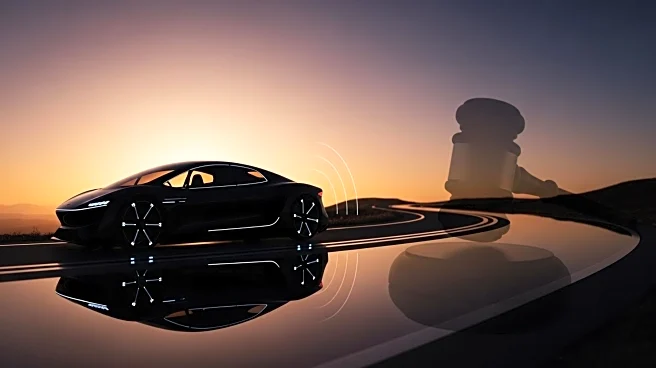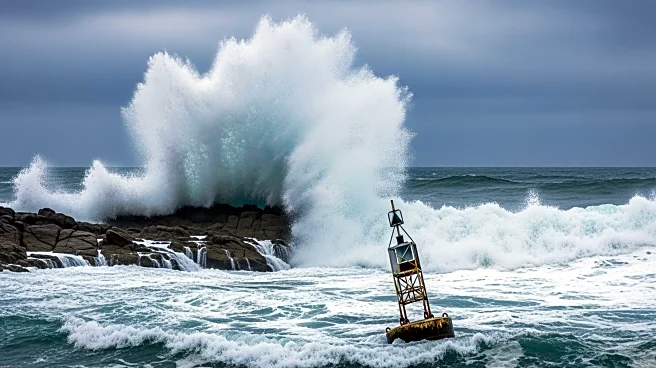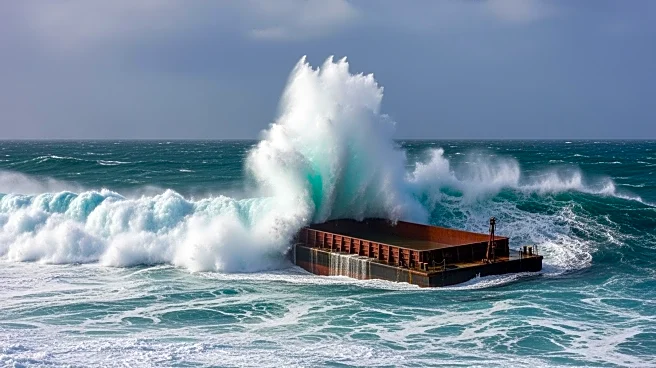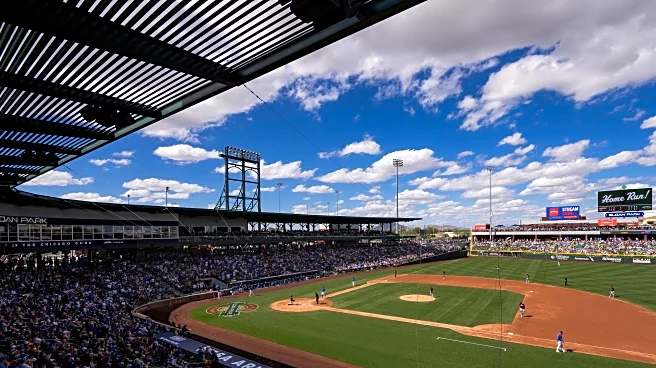What's Happening?
Tesla has requested a federal court in Florida to overturn a jury verdict that found the company partially liable for a 2019 crash involving its Autopilot system. The crash resulted in the death of Naibel Benavides Leon and severe injuries to Dillon Angulo. Tesla argues that the $243 million damages award is excessive and that the driver, George McGee, was primarily at fault. The jury had awarded $329 million in total damages, including $200 million in punitive damages. Tesla contends that the punitive damages should be reduced, as they require evidence of egregious wrongdoing.
Why It's Important?
This case is significant as it addresses the accountability of autonomous driving systems and their manufacturers. The verdict and Tesla's appeal could influence future litigation involving similar technologies. The decision may impact Tesla's financial obligations and its approach to developing and marketing Autopilot features. The case also raises questions about consumer expectations and the legal responsibilities of drivers using semi-autonomous systems.
What's Next?
The court will review Tesla's appeal, which could lead to a new trial or a reduction in damages. The outcome may affect Tesla's legal strategy and influence other automakers facing similar lawsuits. The case could also prompt discussions on regulatory standards for autonomous driving technologies and their implementation.










